Power Apps premium features and when you need a license?
Daniel Cieckiewicz
Power Apps premium license - what is it?
In short, the Power Apps premium license allows you to utilize all Power Platform features included in a licensing plan. So, what are those Power Apps premium features, and when do you need a license, Daniel?
In this article, we will address this question, and I will explain the most common examples in which you need Power Apps premium license. I just wanted to let you know that very soon; there will be another article posted here on Power Platform Universe that will tell you more about the situation when you don’t require a Power Apps premium license, so we will take the opposite scenario, which is a very interesting topic as well. If you read this and you are interested in it, check out my articles list. If the article is live, it will definitely be listed here: Articles list.
But, before that, let’s dive deeper into how Microsoft explains what Power Apps premium licensing is and what you can get in it. These two screenshots will be mandatory here:
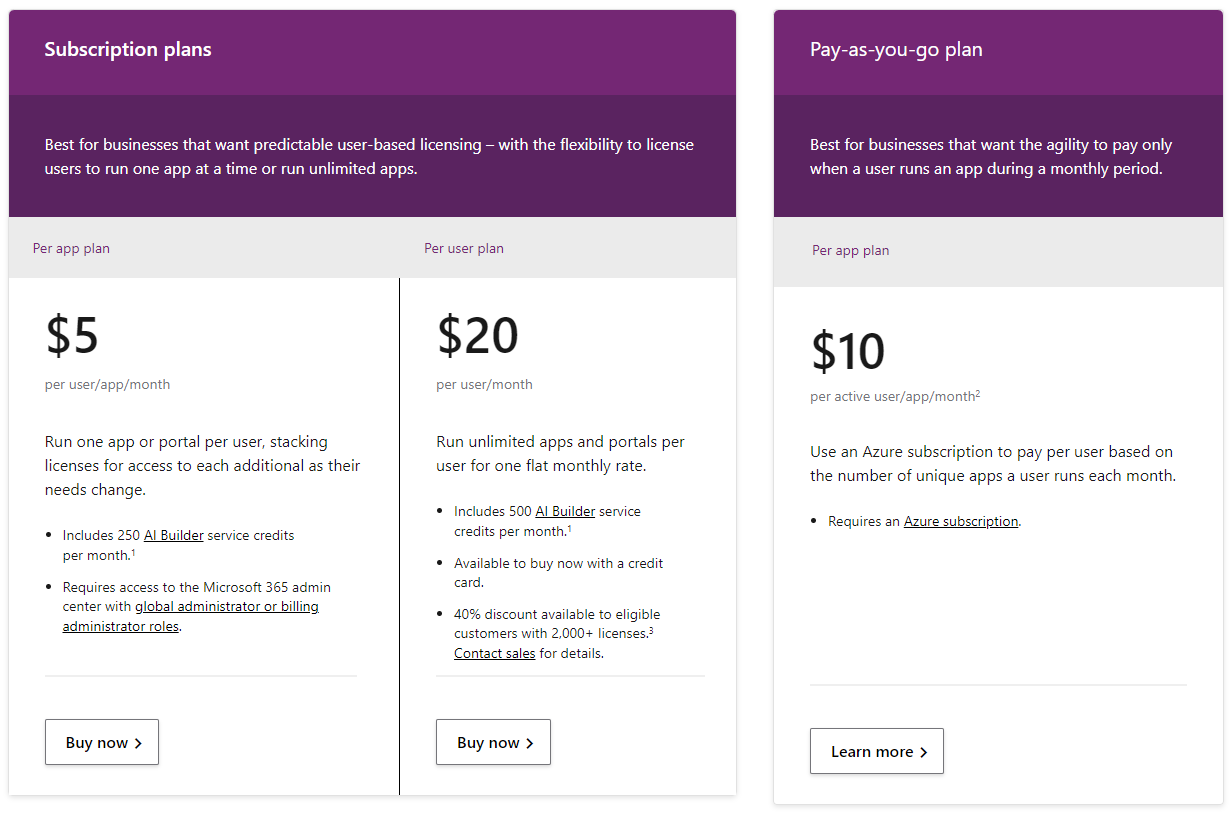
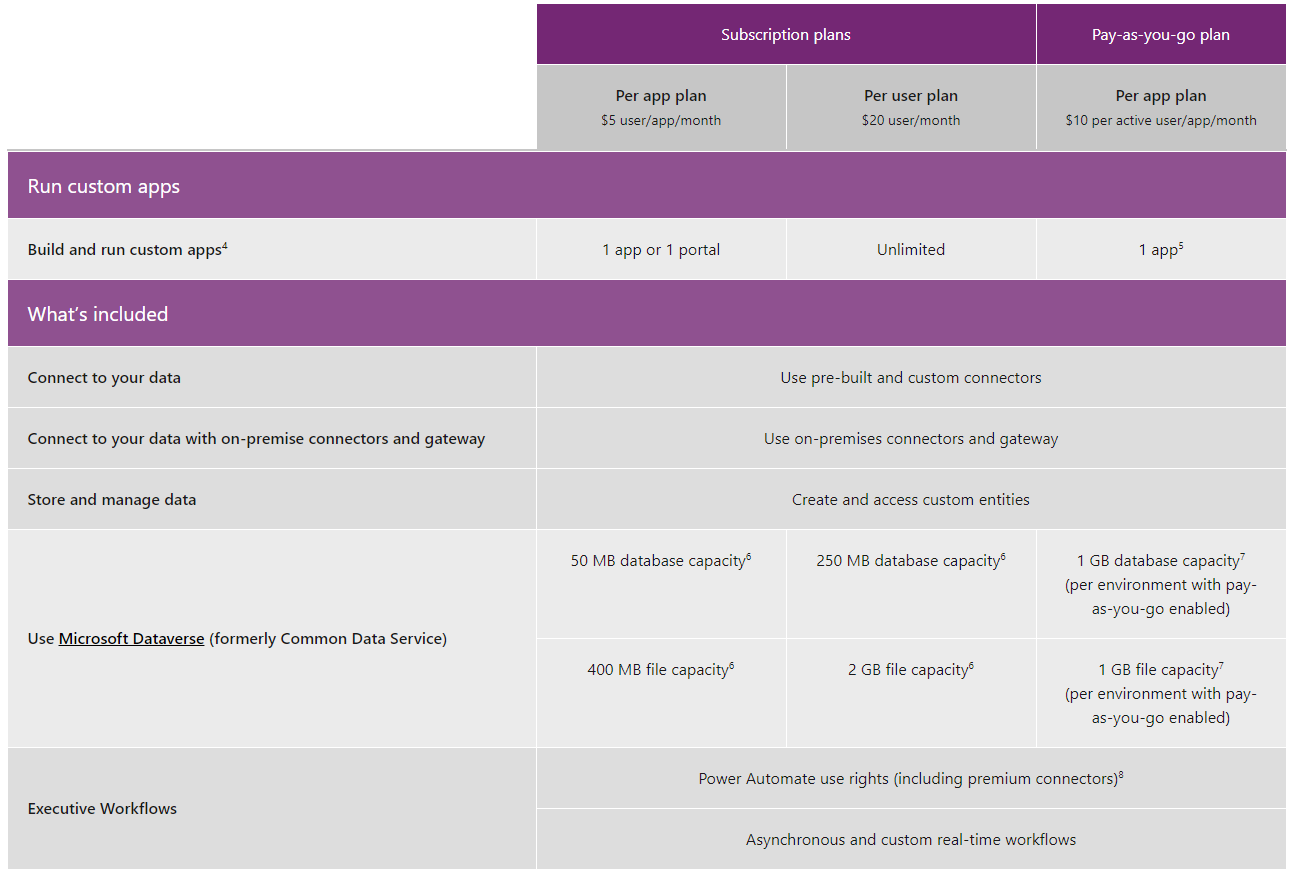
In a nutshell, there are three different Power Apps plans. Power Apps per User plan, Power Apps per App plan, and Pay-as-you-go plan. They allow you to use premium and custom connectors, enabling you to work with Dataverse, SQL, Azure SQL, and more. They also provide you with premium capabilities of Power Automate so that you can utilize those as well. Every user running the Power Apps application that was created with the use of premium features will require a paid premium license.
I hope this is clear enough for now. To learn more, check out one of my best articles discussing Power Apps premium licensing: Power Apps Licensing Explained.
One last thing. In this article, I assume that a User or Maker has Microsoft 365 E5 license assigned.
When do you need a premium license?
Working with Dataverse
Dataverse is the most common feature included in the Power Apps premium license. When you work with Dataverse, with custom, and standard tables, and you utilize these in Power Automate or Power Apps, Users running this component will require premium license.
Some of Dataverse capabilities are free. As Microsoft states:
As Dataverse continues to grow, more Microsoft applications like Microsoft Project are using Dataverse. To enable these Microsoft applications, limited Dataverse functionality is added to select Microsoft 365 licenses. This is achieved by adding a new service plan named "Dataverse" to the Microsoft 365 licenses. To see the new service plan in the Microsoft 365 admin center, select a user, select the Licenses and Apps tab, and then scroll down and expand the Apps section.
Microsoft
You don’t require a license to create tables or work with Power Apps or Power Automate as a Designer (Developer). So, you can build apps and flows without a license, but when Users want to run built components – they will need a Power Apps premium license.
To learn more about this topic and Dataverse limitations, go to: Dataverse capabilities with Microsoft 365 licenses.
How about Dynamics 365?
The same or even worse. Microsoft Dynamics 365 is based on Dataverse, and it is a Power Apps premium feature. Moreover, to use specific Dynamics 365 modules, all users need a particular license for Dynamics 365 specifically. So, not Power Apps premium license but Dynamics 365 one.
To learn more about the Pricing for Dynamics 365, follow this article: Dynamics 365 pricing.
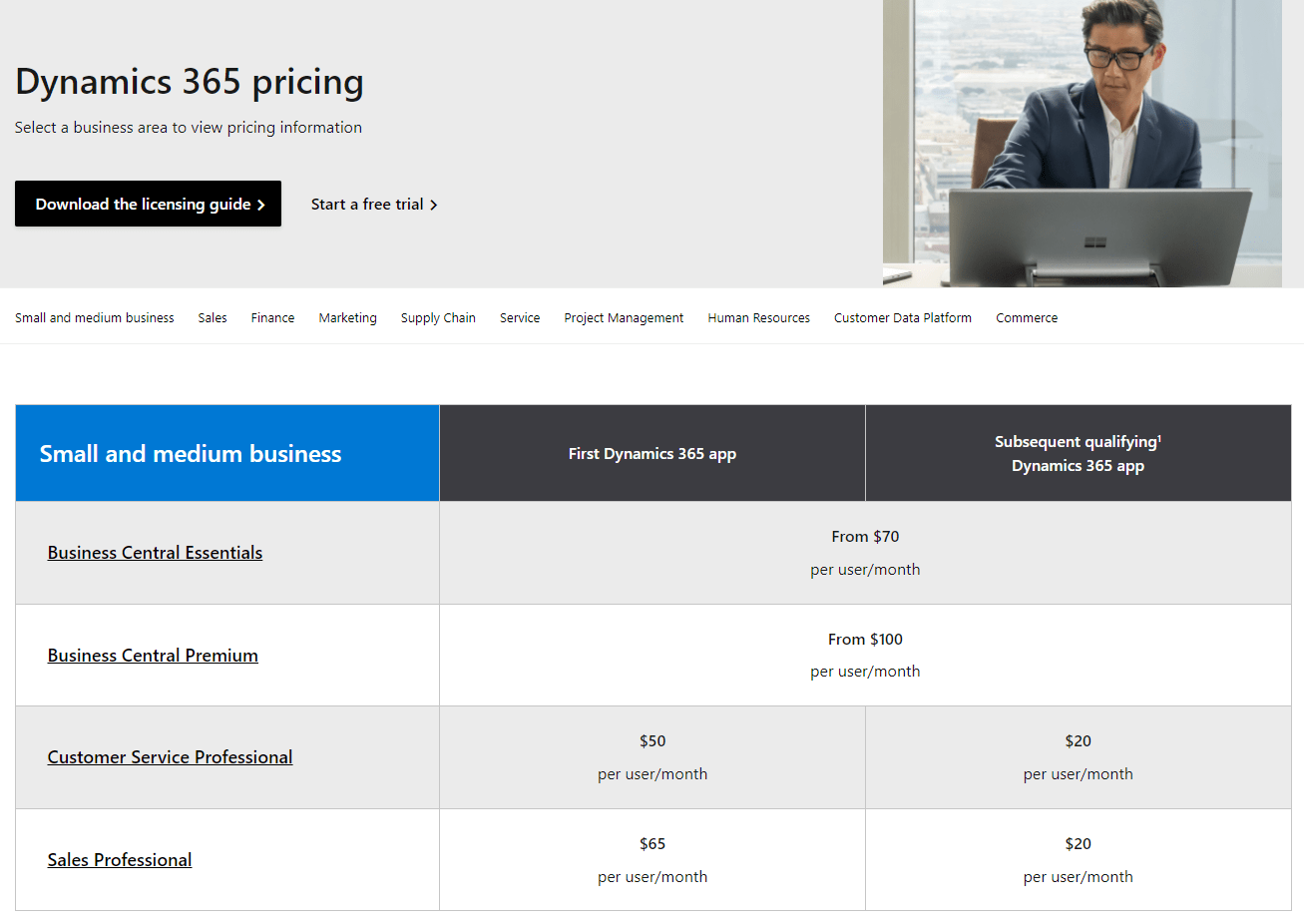
Working with premium connectors in Power Apps and Power Automate
All premium connectors can be found in Power Automate Maker Portal. I don’t know why they implemented it like this, but this is how it is. In Power Apps Maker Portal, you can create connectors, and of course, you can choose from the list of connectors. But to get the complete list, you must go here: Power Automate Connectors.
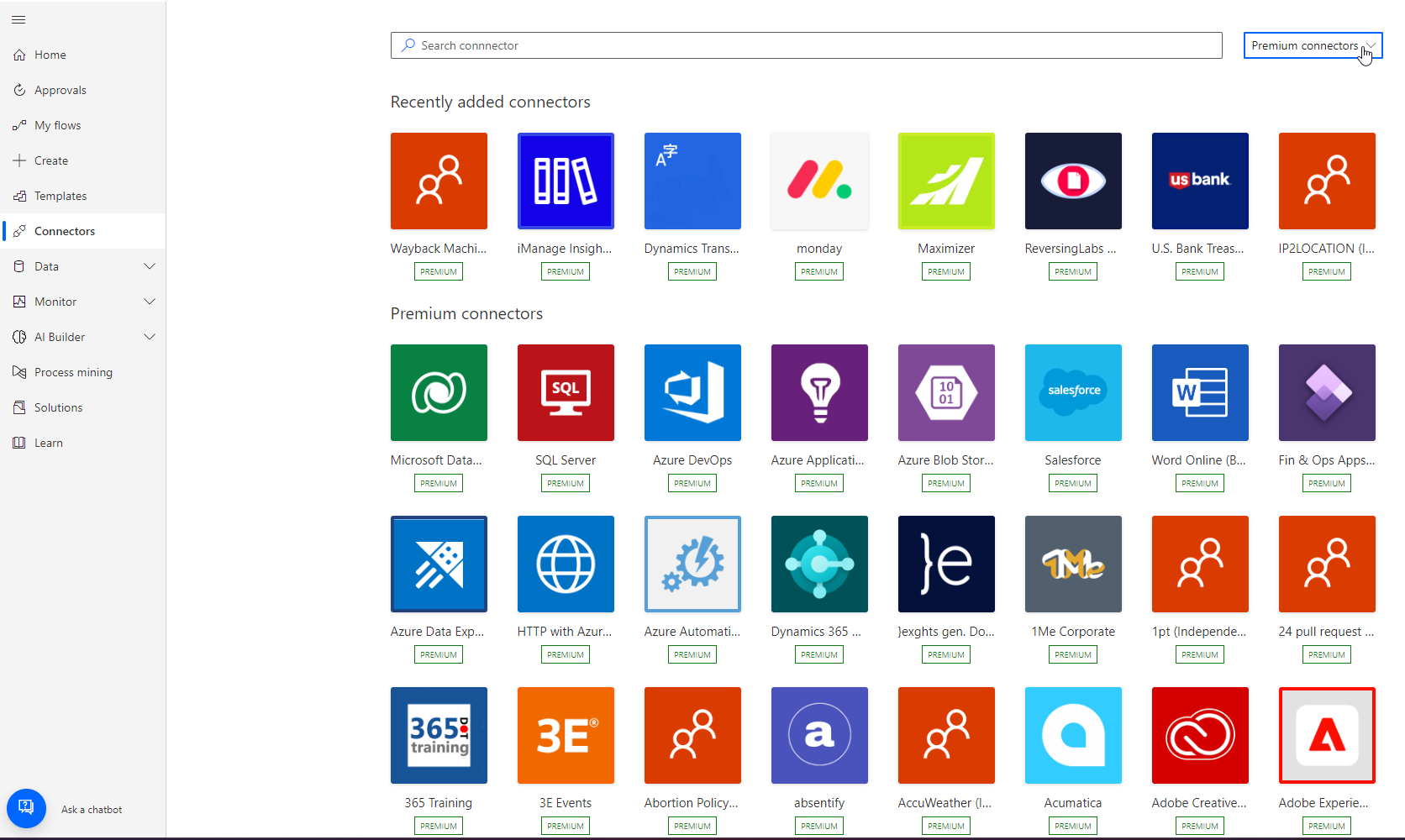
All these connectors have their actions in Power Automate, and some of them have also triggers. As for Power Apps, you work mainly with data sources like SQL or Dataverse, so many of these cannot be used directly in apps, but hey – what is Power Automate for?
In short – the Power Apps premium license allows you to use all these connectors in Power Apps and Power Automate. Go through this list to see if the desired connector you have been waiting for is already there.
Working with SQL Server
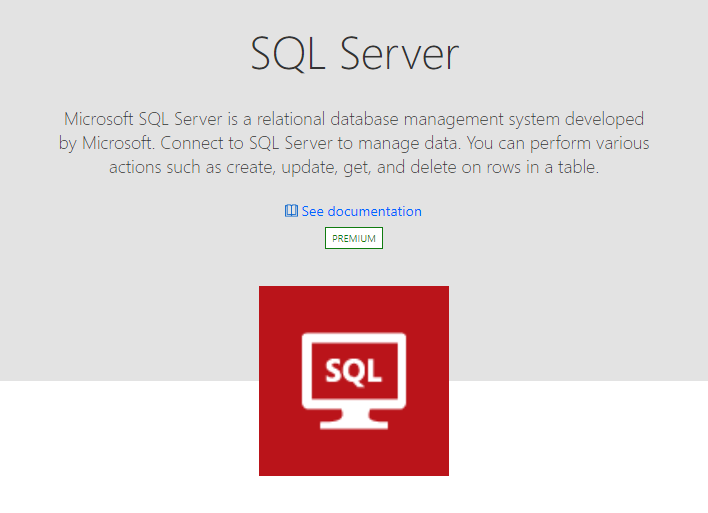
This connector is also a premium connector. And as I mentioned before, you must have Power Apps premium license to utilize all premium connectors across Power Apps and Power Automate. Still, I wanted to include this as a separate point.
SQL connector is one of the most used premium connectors – as far as I know – based on my experience. It allows you to connect to on-prem and cloud SQL services, but when connecting to the on-prem database, it also requires a valid connection utilizing an on-prem data gateway.
So, please be aware that if you are planning an application or an entire solution based on the SQL Server database, all Users running the solution will require Power Apps premium license.
Wanna create a Model-driven App? Guess what
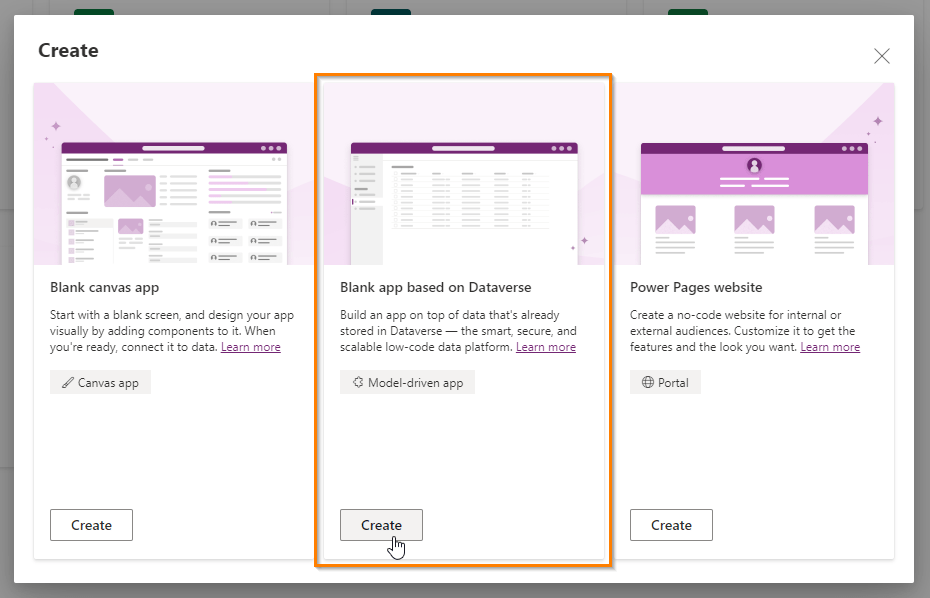
You need a Power Apps premium license. The answer is simple – Dataverse is a premium connector, and Model-driven Apps work only with this specific data source. So, if you plan to work with Power Apps, try to visualize what is the goal, what process you are automating, and how many users there will be because, in many cases, companies cannot afford to pay for hundreds of Power Apps premium licenses monthly, to run one single application with one custom table. Maybe in some scenarios, Power Apps Canvas App with a free data source would be a better fit.
I wrote an entire article here on Power Platform Universe discussing this topic. Check it out: Power Apps – Canvas Apps vs. Model-driven Apps – When to use?
How about custom connectors?
Custom connectors count as premium connectors and require Power Apps premium license. So, they are Power Apps’ premium features. If you desire to create one and use one, you, the user, must have Power Apps premium license assigned.
Custom connectors are very often used in applications to connect to custom sites and the company’s custom portals or servers. Business cases requiring custom connectors are rare, at least from my experience.
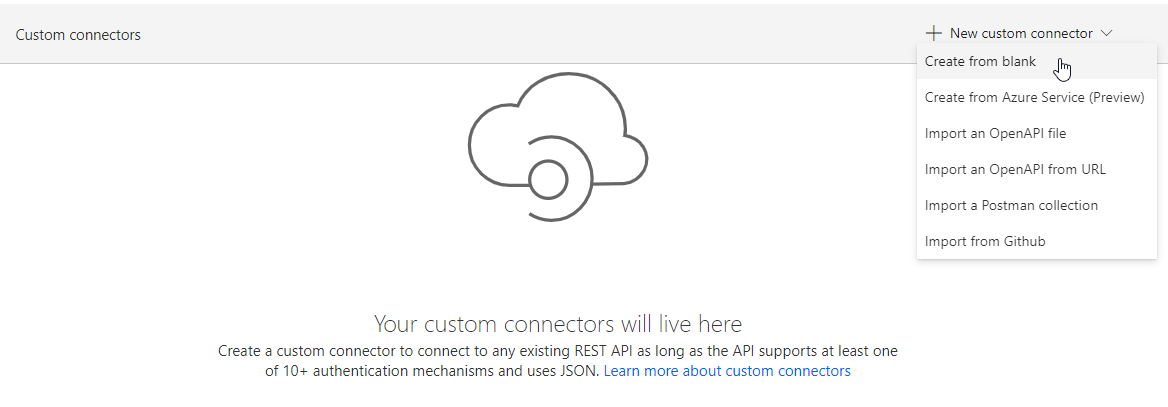
Summary

Let’s be honest. Most of the work with Power Apps and Power Automate is handled using features included in Microsoft 365 license. Only some companies are rich and mature enough to use Power Apps premium license to enable Power Apps and Power Automate premium features for Makers and regular Users. Many business scenarios and automation can be covered with free Power Apps features (those included in Microsoft 365 license). Still, it is very good to at least look at the other side of the coin and, in this way, verify your idea and consequences to avoid further problems. I hope you found this article helpful. Remember, another article will be coming out very soon discussing which scenarios Power Apps premium license is not required. Stay tuned for that. Maybe the article is already live—if yes – you will find it here: Articles list.
So, we are at this point where I should thank you for your time and reading this article. Feel free to rate this article and comment if you liked it. If you have any questions, feel free to contact me (via contact@poweruniverse.org), but first, you may be interested in joining a Newsletter. Hmm? (Sign up here) If you already did, wow, thanks, thanks a lot 
Via Newsletter, I am sharing insights into my work, plans for upcoming weeks, and knowledge about Power Platform Universe and the IT world. If you are interested, feel free to join! I am going to send the latest Newsletter to everyone who enters!
See you!

Daniel Ciećkiewicz
I am a Senior Power Platform Consultant focused on Dataverse, Power Apps, and Power Automate. I was also a Team Leader responsible for the Power Platform Team and their development paths.
In my private life, I like video games, sports, learning & gaining knowledge, and a taste of good Scotch Whisky!
Ooo, I almost forgot, I love our Polish Tatra Mountains!

Power Apps Licensing Explained
Power Apps Licensing – this is something every Power Platform expert must know. In this article I will walk you through the cons and pros of available plans.

Understand Delegation in Power Apps
In this article I will walk you through delegation in Power Apps and I will show you many interesting concepts how to work with delegation and understand Delegation in Power Apps!

Connection vs connection reference in Power Platform
In this article I will tell you what is the difference between connection and connection reference in Power Platform. It is very good to know the advantages.

Overview of a Tenant Isolation in the Power Platform
What is Tenant Isolation in the Power Platform? How does it work and how do you know it will be good for your organization? Check the article!

The most interesting Power Platform features of 2024 – Wave 1 update
Do you want to know what updates are coming in 2024? This article will tell you more about incoming updates for Power Platform in Wave 1.

Use a Service Principal to run Dataverse actions in Power Automate
Do you want to learn how to use a Service Principal to work with Dataverse actions in Power Automate? This article is for you. Check it out.
[…] I wrote many articles in this blog regarding Power Apps licensing and premium features overall. The best one so far is. Power Apps Licensing Explained. Moreover, I wrote an article discussing situations in which the Power Apps premium license is required. You can check it here: Power Apps premium features and when you need a license. […]